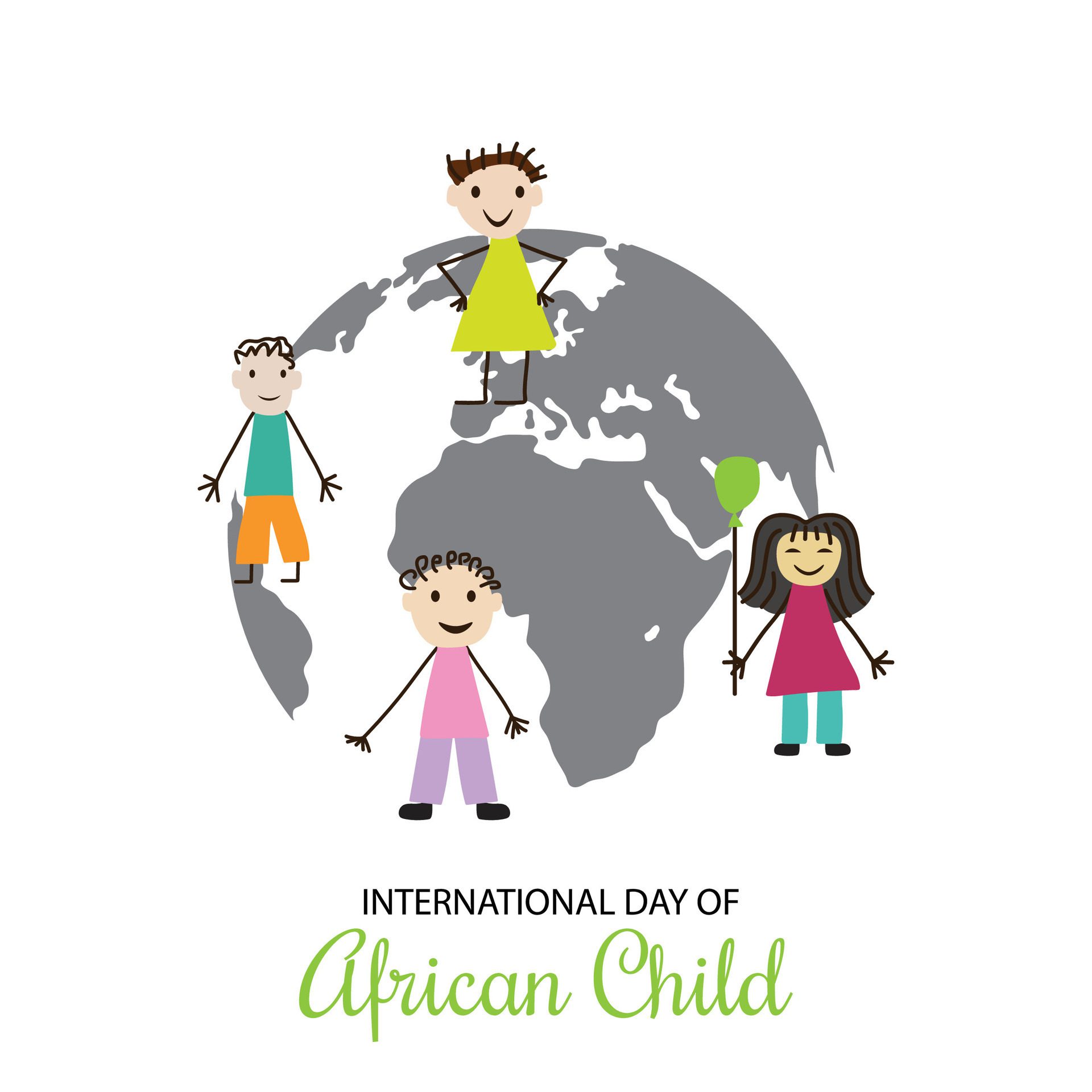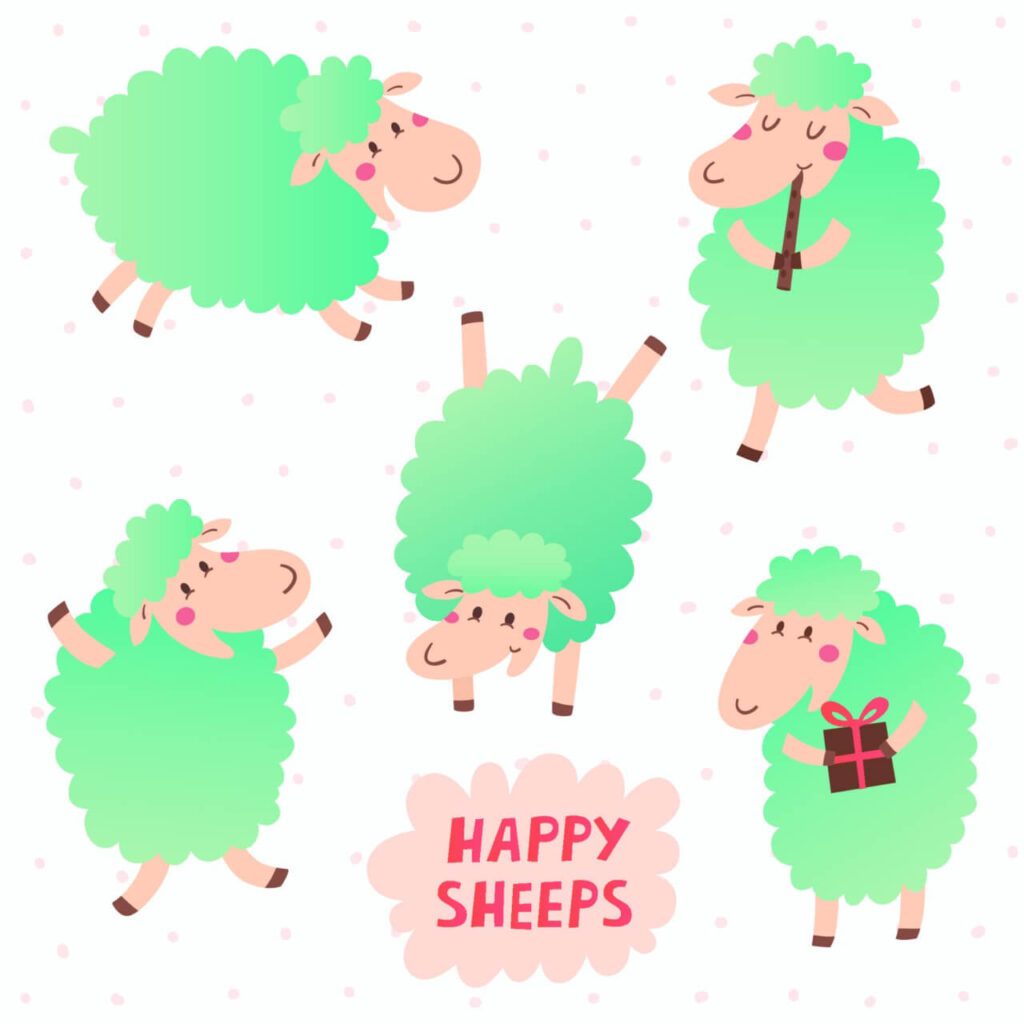Religious characters from diverse backgrounds such as Christian, Jew, Muslim, and Buddhist add depth and complexity to storytelling in literature, film, and other forms of media. Each of these characters brings with them a rich tapestry of beliefs, values, and traditions that can serve as powerful tools for exploring themes of faith, identity, and community. Christian characters might grapple with moral dilemmas in light of their religious teachings, while Jewish characters may draw upon a long history of resilience and perseverance. Muslim characters often challenge stereotypes and misconceptions, shedding light on the diversity within the Muslim community. Buddhist characters might offer wisdom on mindfulness, inner peace, and acceptance. By incorporating these diverse religious perspectives into narratives, storytellers can foster understanding and empathy among audiences, bridging cultural divides and promoting dialogue. In a world marked by religious diversity, the inclusion of characters from Christianity, Judaism, Islam, and Buddhism serves to highlight the universal aspects of the human experience while celebrating the unique contributions of each faith tradition. Through the portrayal of multi-faith characters, creators have the opportunity to showcase the complexity and beauty of religious plurality, inviting viewers and readers to reflect on their own beliefs and values while appreciating the richness of different worldviews. This act of representation not only enriches storytelling but also invites audiences to engage with issues of faith and spirituality in a nuanced and respectful manner, paving the way for meaningful conversations about the role of religion in shaping individuals and societies. #religion #Christianity #Judaism #Islam #Buddhism #diversity #inclusion #faith #values


































